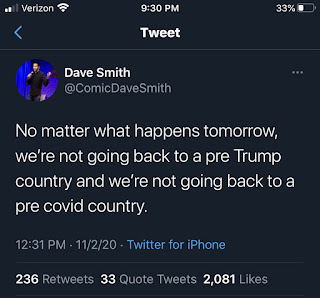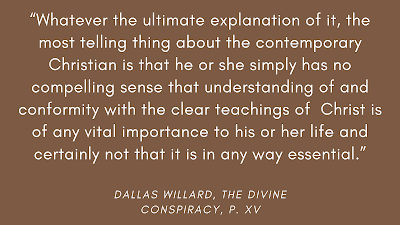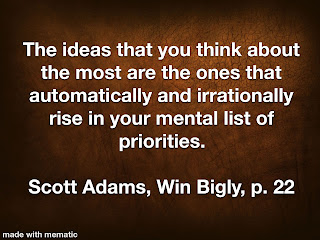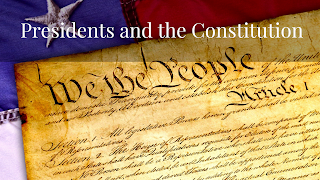On Monday evening I posted a screen shot of a tweet from comedian and libertarian Dave Smith to Facebook.
- We need to think smaller rather than bigger. This is true for the church, where we need to concentrate on smaller gatherings. Smaller gathering are not only helpful in discipleship, but they are also helpful when limitations are put on gatherings. When things are smaller our plans are not as easily disrupted. I also think going smaller is the key to moving forward politically. One of the overlooked checks to the federal government’s power, and I believe the most important check, are the states. Washington’s power is rendered useless when the states decide not to comply with the Feds wishes. We see this as individual states legalized marijuana. The federal government doesn’t have the resources to enforce its laws across the individual states. Washington depends on the states to enforce its laws. As one of my favorite podcasters, Brion McCallahan, says, “Think locally, act locally.”
- We need to diversify our thinking. Too many people think in binary terms. Republicans and Democrats, progressives and conservatives, racist and inclusive, etc. As someone who tends to live outside the binary bubble, I can tell you things are not that simple. When it comes to following Jesus we need to move past the tendency to judge a person’s faith and commitment to Scripture based on a few pet doctrines like the age of the earth or a premillennial interpretation of the end time. We need these different perspectives to gain a greater understanding of the Bible and following Jesus (now, this doesn’t mean everything is open to interpretation, but it does mean that when there are different perspectives we should be able to listen to them). When it comes to politics we need to break away from the strangle hold of a two party system. Having only two major parties lead to corruption as people hungry for power manipulate the system. Also, there are thousands, if not millions of people who do not line up with either a Republican or Democrat view of the world. I am one of them, and consistently we go unrepresented. Let’s bring more voices to the table and spread the responsibilities of governing to many different parties, rather than just two.
- We need come to an understanding of the role social media plays in our lives. This is a new technology, and we don’t understand all the different ways it is effecting us. It is certainly shaping our opinions of things and making it seem like there is a greater divide between people than really exists. That is one of the reasons for the hostility that we are seeing. Social media is being used to divide us and cause us to see the other side as evil. The responsible use of social media is key to moving forward.















